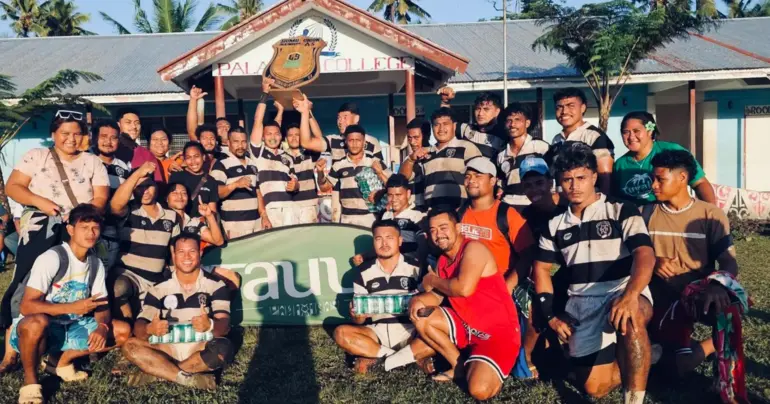Media Code of Ethics adopted
The Samoa Media Code of Ethics has been officially adopted following a celebration at the National University of Samoa (N.U.S.) on Tuesday evening.
The occasion was well attended by members of the Journalists Association of Samoa (J.A.W.S.) and members of the recently set up Media Council.
The Code will be the guideline for the Samoa media and will be central to the work of the Samoa Media Council in ensuring prescribed standards and ethics are maintained in the media.
According to J.A.W.S., the Code is the result of ten years work. It sets out to address “prevailing advances in the media landscape including the social and the mainstream media platforms.”
The Chairperson of the Samoa Media Council, Leautulilagi Vanessa Barlow-Schuster, said the adoption of the Code is a milestone for Samoa.
“We must celebrate our success and continue to be mindful of the long journey ahead,” Leautulilagi said.
“Conscientious journalists from all media and specialties strive to serve the public with thoroughness and honesty. Professional integrity is the cornerstone of a journalist’s credibility.”
She highlighted the importance of integrity.
“I came across this interesting statement in terms of building professionalism across different professions and it reads like this ‘Do the right thing when no one is looking. It’s called integrity’.
“Of course we all know that there is always that one being, namely God who is watching.”
But “integrity” doesn’t just apply to media practitioners, she noted. It applies to every other profession – including members of the Media Council.
“Know that we are very much answerable to a higher power that watches equally and does not discriminate,” said Leautulilagi.
“At the same time, protecting integrity and the public trust are fundamental to the media practitioner’s role and reputation. The bottom line is basically that successful public relations hinges on the ethics of its practitioners.
“Best practice and expectations in terms of ethics has been around far longer than codes of Practice as procedural and policy documents.”
Leautulilagi added that this Code of Practice provides for a critical safety net for when there are slips in the upholding of ethics and integrity.
“The Code of Practice assumes that the Media Council preferably will act as a Tribunal of last resort in relation to complaints about alleged breaches of the code.
“Like other specialised practitioners in other fields, it is expected that Media practitioners equally value their reputations.
“It flows from this that arguably as professionals you will want to avoid having to appear before the Council to answer complaints about performance.
“Self regulation is very much encouraged and promoted.
“The benefits of self reviewing and regulating are that News media are then seen to be working to uphold and strengthen their reputations and social legitimacy, especially if there are strong indications of actively supporting high ethical standards.”










